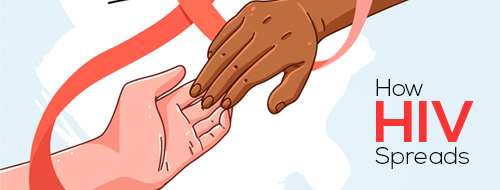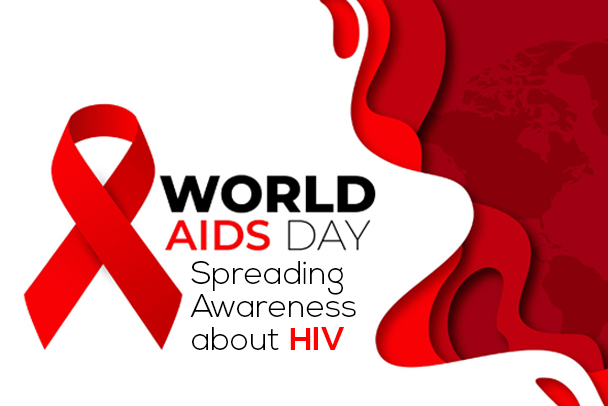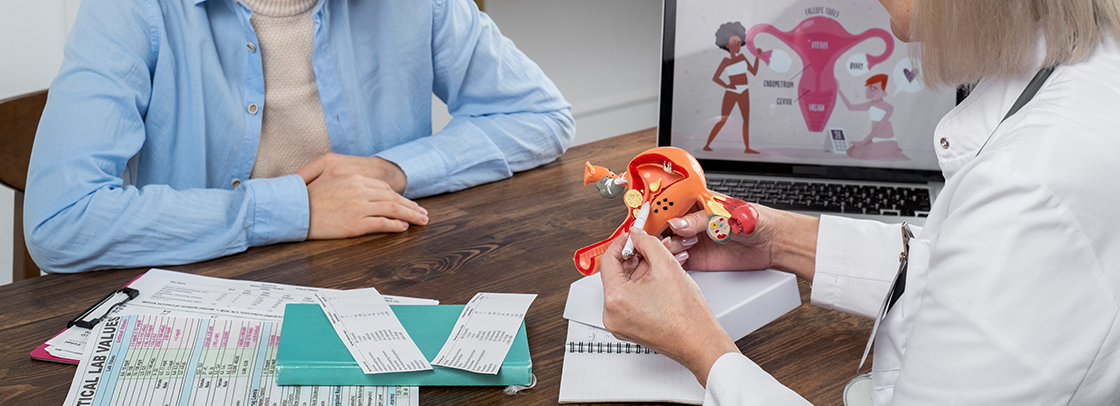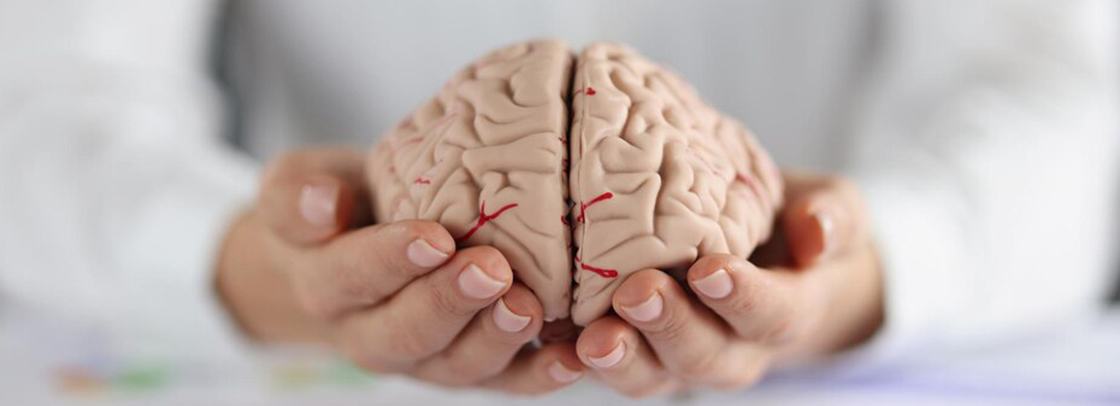Theme of the year 2020- “Ending the HIV/AIDS Epidemic: Resilience and Impact”.
2020 has been a dramatic year for all of us! Where we have been introduced with a new virus- Coronavirus (COVID-19), we cannot forego the previous ones! One of the first global health days to be celebrated was founded in 1988- Worlds AIDS Day.
Celebrated on the 1st of December of each year, this day is designated to spread awareness of the AIDS pandemic due to the spread of HIV infection. Also, we mourn for all those people who suffered a lot and died of the disease.
It is important to recognize and acknowledge AIDS and its response at the local, national, and international levels. This day brings an opportunity to educate, spread awareness, as well as enhance the understanding of HIV. It includes spreading awareness among- peer educators, networks of people who are HIV infected, people injecting drugs, sex workers, young people and women, community health workers, counselors, door-to-door service providers, grass-roots activists, and civil society organizations.
What is HIV?
HIV (Human Immunodeficiency Virus) is a virus that causes the immune systems of the human body to fall weak. This results in a human being susceptible to a wide range of infections as well as different types of cancers. And, the immune system gets so weak that they are not able to fight off any kind of infection.
AIDS (Acquired Immunodeficiency Syndrome) is the advanced stage of HIV Infection. If more than 20 opportunistic viruses or HIV-related cancers occur, then the person suffers from AIDS.

How is HIV Transmitted?
Sexual Contact
The most common and frequent mode of HIV transmission is via sexual contact with the infected person.
Sharing Syringes/Needles
HIV can be transmitted to a healthy person if HIV-contaminated syringes or needles are used.
Receiving Blood Transfusion
Receiving a blood transfusion from an HIV-infected person causes the healthy person to develop HIV infection too.
From Mother to Child
If the mother is HIV infected, it is more likely to transmit to her child in the womb- during pregnancy, birth, and breastfeeding.
Alcohol and Recreational Drugs
Engaging in alcohol and recreational drugs might compel people to take part in risky things like unprotected sex, drugs, etc leading to the transmission of HIV.
How is HIV not Transmitted?
Physical Contact
Hugging, kissing, shaking hands, or any other mode of Physical contact (except sexual contact) does not cause HIV.
Sharing
Sharing food, sharing dishes, sharing toilets with those who are HIV-positive does not result in the transmission of the virus.
Insects
Ticks, mosquitoes, or any other blood-sucking insects do not result in HIV transmission.
What are the Symptoms of HIV?
We have discussed how HIV can be transmitted. Let us look into the different types of symptoms that can emerge when HIV is infected.
Stage 1- Acute HIV Infection
About 2 to 4 weeks after being HIV infected, ⅔ rd of people show flu-like symptoms, that include-
Symptoms :
- Chills
- Rashes
- Fever
- Night Sweats
- Muscle Pain
- Fatigue
- Sore Throat
- Swollen Lymph Nodes
- Mouth ulcers
Stage 2- Clinical Latency
The virus keeps on multiplying even though at low levels. People at this stage of infection might not feel sick or exhibit symptoms- this is called Chronic Infection. Some people might remain in this stage for a decade or so while some move faster.
Taking HIV medicine as prescribed aids in managing the symptoms of HIV, having good health, and effectively developing no risk of transmitting the virus to the sexual partner.
Stage 3- AIDS
Being infected with HIV and not getting treatment for it weakens the immune system of the human body and will cause AIDS (Acquired Immunodeficiency Syndrome)- the last stage of HIV infection.
Symptoms-
- Weight loss
- Recurring night sweats and fever
- Prolonged lymph glands swelling
- Pneumonia
- Diarrhea
- Sore throat, genitals, or anus
- Blotches on or under the skin, inside the mouth, eyelids, or nose
- Depression, Memory Loss, and other neurological disorders
How to Prevent HIV?
- Create awareness among people to take action if infected with HIV- oneself or other relatives.
- Promote and access to healthy and safe blood transfusion.
- Remember to use condoms while engaging in sexual acts.
- Get yourself checked and treated for sexually transmitted Disease (STD).
- Never share syringes, needles, spoons, or swabs with the HIV Positive person.
- Pregnant women should get tested for HIV and get treated at the earliest if she is positive for the virus.
- Have a short-term antiviral treatment (Post-exposure Prophylaxis) to reduce the HIV infection after being exposed- occupationally or sexually.
India and AIDS
India made a commitment in 2018 to provide “free annual viral load testing” for 1.3 million people who are HIV infected in the country. The “90-90-90 target by 2020” taken by India meant that 90% of people shall be aware of their HIV status; 90% of people aware of their HIV infection status shall get proper treatment for the same; and, 90% of HIV-infected people shall have suppressed viral loads.
Even though they were actively working towards the goal of achieving so, however, the recent onset of the coronavirus pandemic shows a little delay; it is likely that India misses its target!
Yet, let us not be disheartened, and have trust in our healthcare professionals to at least control if not eradicate HIV as well as coronavirus.



